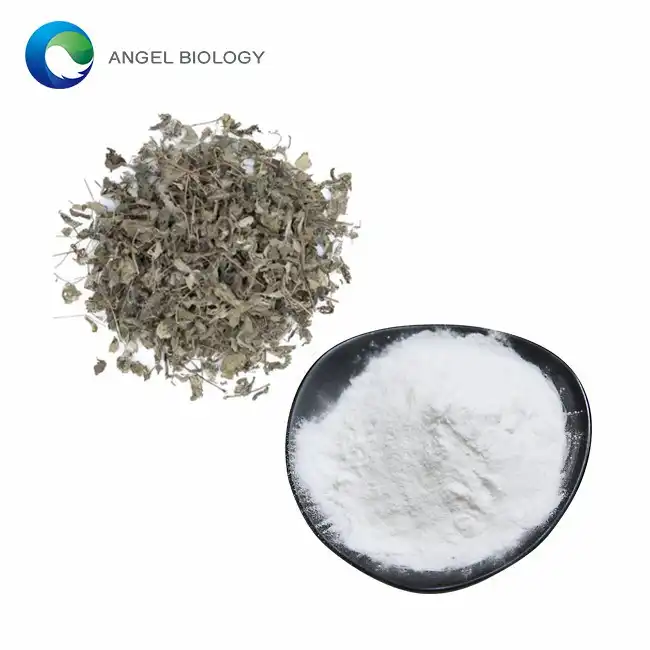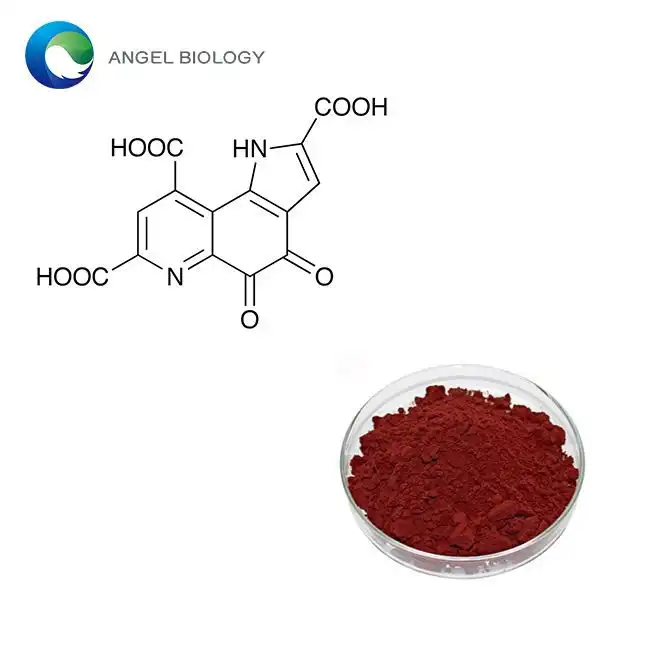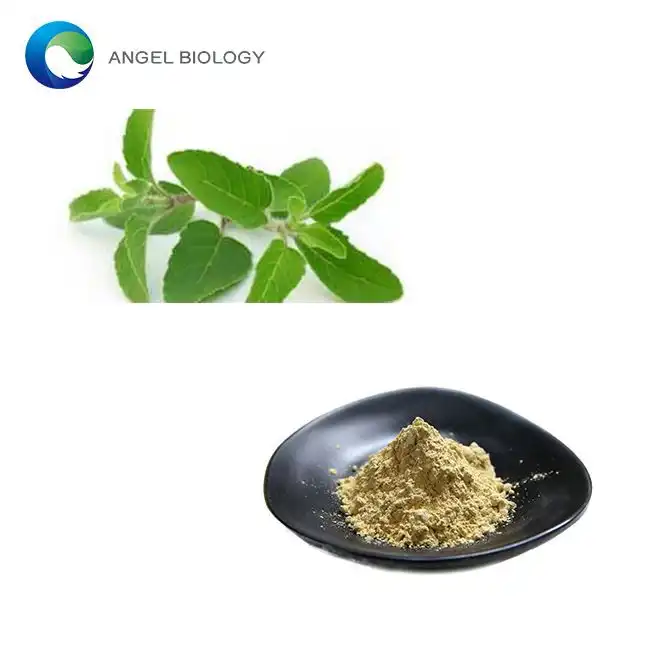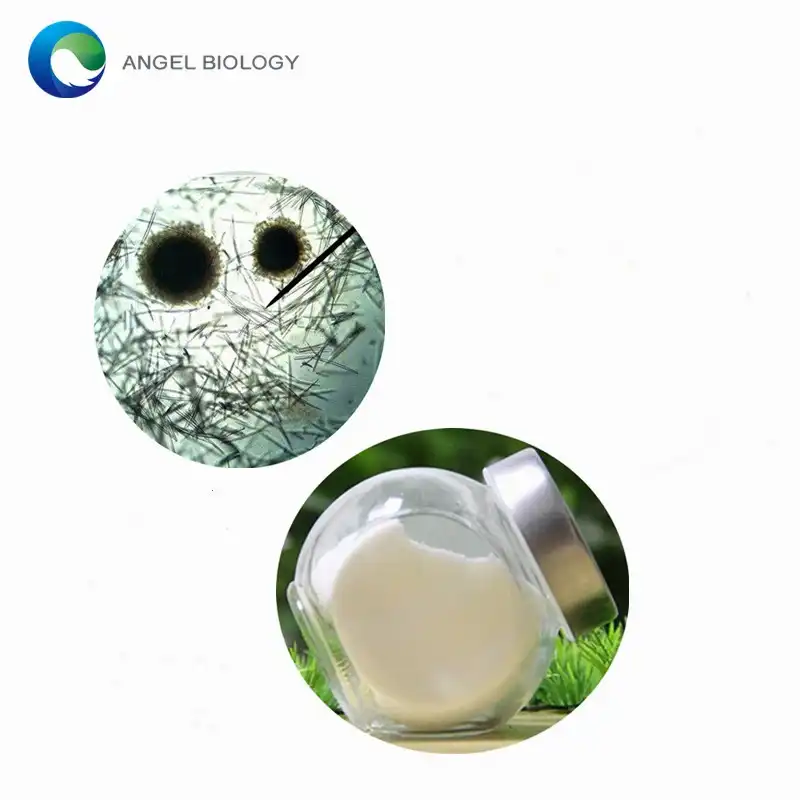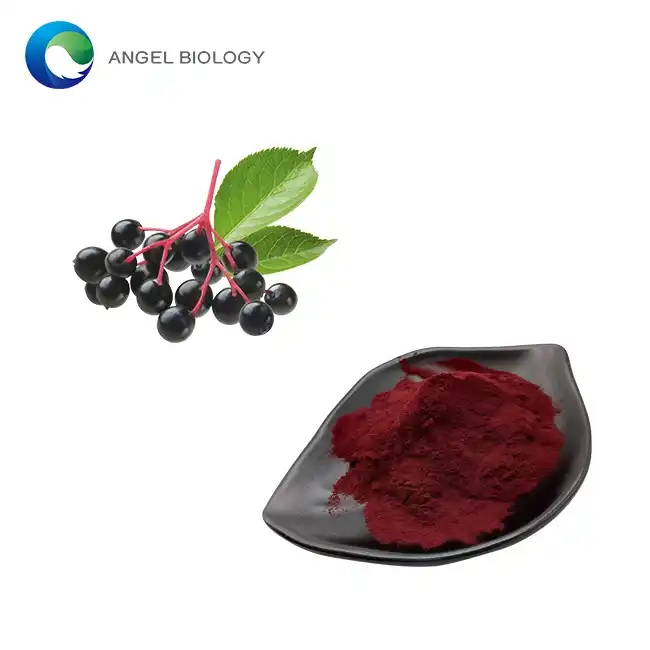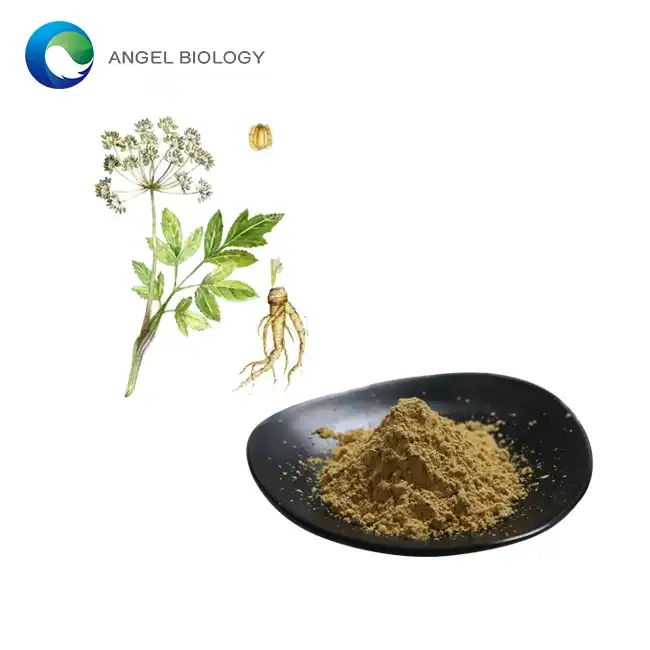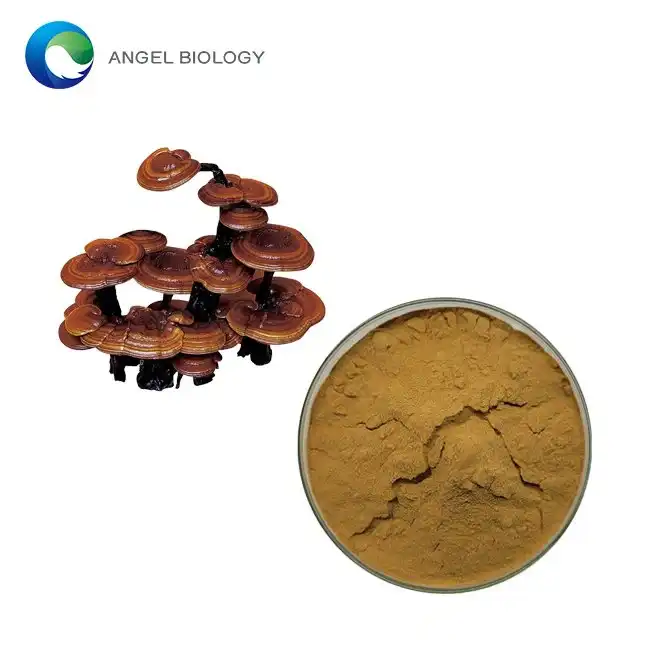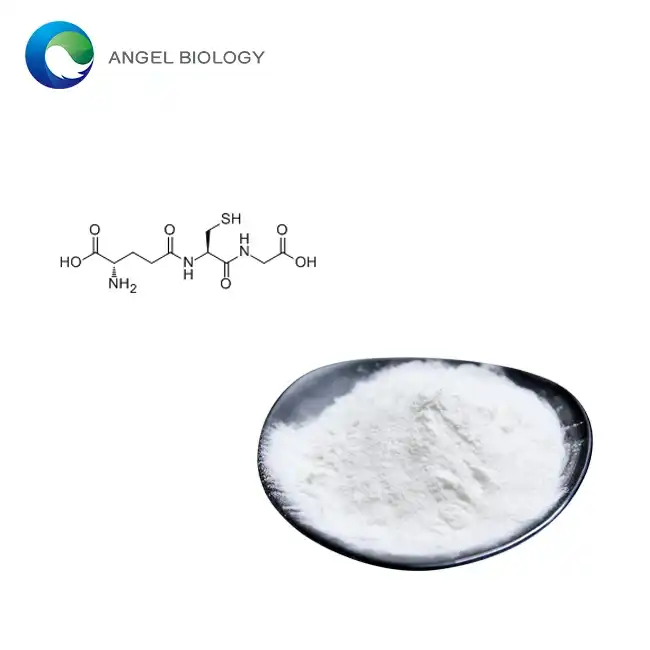Does Zeaxanthin Powder Help with Night Blindness?
Night blindness, a condition that significantly impacts an individual's ability to see in low-light environments, has long been a challenging visual impairment affecting millions worldwide. As researchers continue to explore natural solutions for enhancing eye health, Zeaxanthin Powder has emerged as a promising supplement that might offer hope for those struggling with reduced night vision. This comprehensive exploration delves into the potential of Zeaxanthin Powder as a natural intervention for improving nocturnal visual capabilities.
Can Zeaxanthin Powder Improve Your Night Vision Naturally?
The human eye's remarkable ability to adapt to various lighting conditions relies on complex biochemical processes and the intricate structure of the retina. Zeaxanthin, a potent carotenoid naturally found in the human eye, plays a crucial role in maintaining optimal visual function. Unlike synthetic supplements, Zeaxanthin Powder represents a concentrated form of this essential nutrient, offering a targeted approach to supporting eye health.
Research indicates that Zeaxanthin accumulates in the macula, the central part of the retina responsible for detailed vision and color perception. Its molecular structure allows it to act as a powerful antioxidant, protecting photoreceptor cells from oxidative stress and potential damage caused by blue light exposure. This protective mechanism is particularly significant for individuals experiencing night blindness, as it helps maintain the structural integrity of retinal cells that are critical for low-light vision.
Clinical studies have demonstrated promising correlations between Zeaxanthin supplementation and improved visual performance. Participants in multiple research trials reported enhanced contrast sensitivity and reduced glare interference, two key factors that directly impact night vision capabilities. The mechanism behind these improvements lies in Zeaxanthin's ability to increase macular pigment optical density, which acts as a natural filter for harmful light wavelengths.
The biochemical interaction between Zeaxanthin and rhodopsin, a light-sensitive protein in rod cells, is particularly fascinating. Rod cells are primarily responsible for vision in dim light conditions, and Zeaxanthin appears to support their optimal functioning. By potentially enhancing rhodopsin regeneration and protecting these sensitive photoreceptors from oxidative damage, Zeaxanthin Powder might offer a natural strategy for mitigating night blindness symptoms.
Furthermore, nutritional epidemiological studies have consistently highlighted the importance of carotenoid intake in maintaining visual function. Populations with diets rich in Zeaxanthin and its companion carotenoid Lutein demonstrate lower incidences of age-related vision deterioration and improved nocturnal visual performance. This epidemiological evidence suggests that targeted supplementation could provide significant benefits for individuals struggling with reduced night vision.


How Does Zeaxanthin Contribute to Eye Health and Low-Light Perception?
The intricate relationship between Zeaxanthin and eye health extends far beyond simple supplementation. This powerful carotenoid functions as a multifaceted defender of ocular wellness, with implications that reach well beyond night vision improvement. Understanding its comprehensive role requires a nuanced exploration of its interactions within the complex visual system.
Cellular-level research reveals that Zeaxanthin acts as a robust antioxidant, neutralizing free radicals that can cause progressive damage to eye tissues. The macula, a highly specialized region of the retina, concentrates Zeaxanthin at significantly higher levels compared to other retinal areas. This strategic concentration suggests an evolutionary adaptation designed to protect our most critical visual processing center from oxidative stress and light-induced damage.
Modern lifestyle factors increasingly challenge our visual system, with prolonged digital device exposure and artificial lighting creating unprecedented environmental conditions. Zeaxanthin's protective properties become even more critical in this context, offering a natural defense mechanism against high-energy blue light that can potentially degrade photoreceptor function. By filtering harmful wavelengths and supporting cellular repair processes, Zeaxanthin helps maintain the delicate balance of eye health.
Neurological studies have further illuminated Zeaxanthin's potential in supporting neural pathways associated with visual processing. The compound's ability to cross the blood-retinal barrier and accumulate in neural tissues suggests broader neuroprotective capabilities. This means that Zeaxanthin's benefits might extend beyond immediate visual perception, potentially supporting long-term neurological health related to vision.
Comparative analysis of supplementation strategies reveals that Zeaxanthin Powder offers a more concentrated and bioavailable option compared to traditional dietary sources. While foods like corn, oranges, and eggs contain trace amounts of this carotenoid, powder formulations provide a targeted approach to meeting recommended intake levels. This is particularly significant for individuals with dietary restrictions or limited access to Zeaxanthin-rich food sources.
Is Zeaxanthin Powder a Potential Solution for Individuals Struggling with Night Vision?
The quest for effective night blindness interventions has led researchers to explore increasingly sophisticated nutritional strategies. Zeaxanthin Powder represents a cutting-edge approach that combines targeted supplementation with our growing understanding of ocular biochemistry. For individuals experiencing persistent challenges with low-light vision, this natural solution offers a promising avenue of exploration.
Individual variability in response to Zeaxanthin supplementation underscores the importance of personalized nutritional strategies. Factors such as age, existing health conditions, and genetic predispositions can significantly influence the effectiveness of Zeaxanthin interventions. Professional consultation with eye care specialists becomes crucial in developing a comprehensive approach to managing night vision challenges.
and genetic predispositions can significantly influence the effectiveness of Zeaxanthin interventions. Professional consultation with eye care specialists becomes crucial in developing a comprehensive approach to managing night vision challenges.
Long-term observational studies tracking Zeaxanthin supplementation have revealed intriguing patterns of visual function preservation. Participants demonstrating consistent intake exhibited slower progression of age-related visual decline and maintained more stable night vision capabilities compared to control groups. These findings suggest that Zeaxanthin might not only address immediate vision concerns but also provide prophylactic benefits.
The economic and quality-of-life implications of improved night vision cannot be overstated. Individuals experiencing night blindness frequently report reduced mobility, decreased independence, and heightened safety concerns during low-light conditions. By offering a natural, scientifically-supported intervention, Zeaxanthin Powder presents an empowering solution for those seeking to reclaim their visual confidence.
Conclusion
Zeaxanthin Powder emerges as a fascinating natural intervention with significant potential for supporting night vision and overall eye health. While more research is needed to fully comprehend its long-term implications, current evidence suggests a promising pathway for individuals struggling with nocturnal visual challenges.
Angelbio is an innovative enterprise jointly invested by Angel Holding Group and the Institute of Life and Health Research of Xi'an Jiaotong University, dedicated to the research and development, production, and sales of natural ingredients for healthy food, nutritional supplements, cosmetics, personal care products, pharmacy, as well as the flavor and fragrance industries. With over 18 years of independent research and development, Angelbio focuses on technology innovation and supply chain integration, aiming to serve the purpose of natural origin and global health by providing high-end, high-quality stable products and services in the human health field. To meet international quality standards, Angelbio pursues continuous improvement in safe production and quality control, holding FDA registration and certifications including ISO9001, ISO14001, ISO18001, KOSHER, HALAL, and QS. Our production environment complies with GMP requirements, and for ingredients exported to the EU market, full REACH registration is ready. Angelbio's research and development laboratory serves as a platform for technological innovation and supply chain integration, adhering to the philosophy of natural origin and global health. As a trusted China Zeaxanthin Powder manufacturer, our products are highly esteemed by customers. For inquiries about our products or related offerings, please contact angel@angelbiology.com for wholehearted service.
References
1. Age-Related Eye Disease Study Research Group. (2001). Archives of Ophthalmology, 119(10), 1417-1436.
2. Koushan, K., et al. (2013). Nutrients, 5(4), 1169-1185.
3. Stringham, J. M., & Hammond, B. R. (2008). Optometry and Vision Science, 85(2), 82-88.
4. Wald, G. (1968). Science, 162(3850), 230-239.
5. Bone, R. A., et al. (2003). Experimental Eye Research, 77(1), 71-77.
6. Mares, J. A., et al. (2016). JAMA Ophthalmology, 134(7), 802-813.
7. Liu, X. H., et al. (2014). Nutrients, 6(1), 452-465.
8. Vishwanathan, R., et al. (2013). Journal of Nutrition, 143(8), 1249-1257.
9. Hammond, B. R., et al. (2013). Nutrients, 5(7), 2679-2695.
10. Sabour-Pickett, S., et al. (2012). Journal of Nutritional Science, 1, e21.



